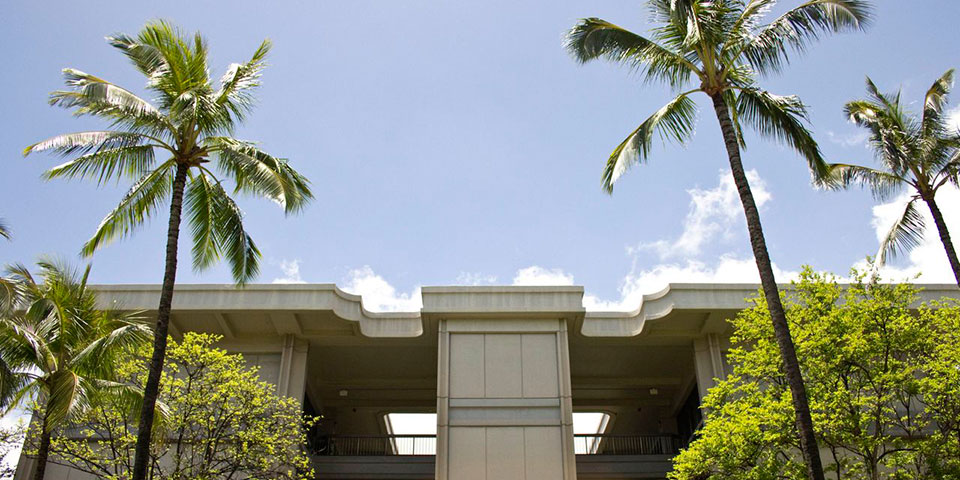
In Celebration of our 2024/25 Bachelors of Philosophy!
In the coming days, you will hear mentors, leaders, and peers encourage you to “go out and make a difference in the world.” Yet, what does it truly mean to make a difference? Must it involve starting a revolution?
As philosophers, we have historically been at the forefront of profound political and social change. Think of the Enlightenment thinkers—John Locke, Montesquieu, Voltaire, and Rousseau—whose ideas directly shaped the foundational principles of the United States. But transformation takes many forms. Change does not always announce itself with grand declarations; sometimes, it unfolds through quiet shifts in perspective, through the steady work of questioning, refining, and reimagining.
Our greatest strength as philosophers lies in challenging paradigms and concepts. Change begins with critical thinking—the ability to detach ourselves from inherited models and envision new ways of understanding. This very department, for example, pioneered comparative philosophy in the 1930s, opening pathways to world philosophies long before it became fashionable. Nearly a century later, many departments of philosophy, nationally and internationally, are just beginning to catch up.
During the pandemic, an undergraduate once wrote in a course evaluation that they did not enjoy “thinking out of the box.” At the time, we professors smiled. But on reflection, the statement was not without merit. The student was not necessarily unwilling to think outside the box; they simply did not enjoy it. And that distinction matters. Thinking outside the box is uncomfortable. It challenges us to step outside our intellectual and psychological comfort zones, to question—and, when necessary, to overcome—values instilled in us from childhood by parents, teachers, culture, and religion.
As al-Ghazālī (d. 1111) and Descartes (d. 1596) both suggested, inherited values and the knowledge systems that sustain them are not necessarily false. But we can only determine their validity by subjecting them to rigorous questioning.
A simple yet profound way to trigger change is to ask, “What if?” Rights and obligations, as 20 th century philosopher Simone Weil reminds us, should always be discussed together. Which new ones do we need? How can we adapt existing ones to meet ever-changing social realities? The questions do not end there. Forms and structures of government, civic participation, law, health, education, and, more recently, AI—all demand our continuous attention and vigilance.
The ability to question, reshape, and reimagine is how we, as philosophers, bring about change—often quietly, without fanfare.
This work is done for the people we care for, support, work with, and sometimes even struggle with. These daily efforts may not seem revolutionary; they may go unnoticed in the grand scheme of things. And yet, that is how it should be. Recognition—like today’s celebration of our graduates—is meaningful, but it is not the reason we apply our philosophical talents. We do so because it is the right thing to do.
Personally, I have always admired the Stoics. Their name comes from the Greek word ‘stoa,’ a shaded portico where they held life-changing discussions. For us, that space might be Sakamaki Courtyard.
I once heard a story, shared by a teacher during my undergraduate years, about a young man who complained to a Stoic philosopher about his father. In contemporary terms, the father might be described as “toxic.” The philosopher simply replied, “You have a bad father. Are you a good son?” It is a powerful response—both humbling and aspirational.
As you go out into the world to make a difference—and I have no doubt that you will—remember that not everyone will appreciate your ideas. Yet, as philosophers, we are obligated to pursue the common good, justice, and yes, beauty. Plato was right about the importance of beauty in life and society—but that is a topic for another address!
We—your faculty, staff, and fellow graduates—are proud of you. And while we know you will continue to make us proud, also make us happy—stay in touch!
Dr. Tamara Albertini
Chair, Department of Philosophy